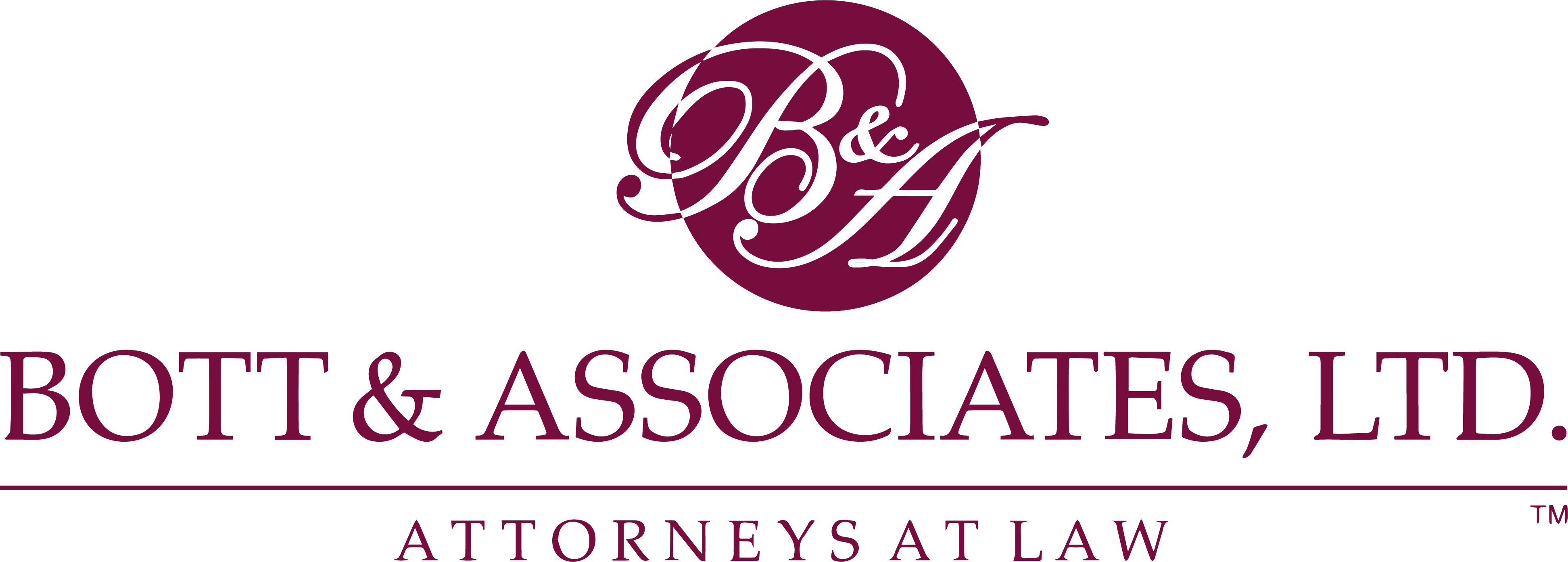Estate Planning Lawyer Glenview, IL
If you or a loved one are in need of counsel regarding estate planning, contact an experienced estate planning lawyer in Glenview, IL clients trust to plan for their future.What is estate planning? Estate planning entails the preparation and dispersion of an individual’s estate, assets, and inheritance upon their death. When an individual creates an estate plan, they get to decide who their assets are passed to, how the estate is divided, and how their wishes for end-of-life care, burial, and funeral plans. Understanding how assets are distributed can be confusing for clients, as there are many aspects of their estate. However, experienced estate planning lawyers such as those from Bott & Associates, Ltd can help their clients through this difficult process, and any other confusing parts of their estate plan.
Why is an estate plan important? Without an estate plan, the state may decide what happens to a person’s estate and all their assets. Needless to say, this could have serious implications for the deceased’s loved ones as they may have to fight for what they thought was rightfully theirs. There are certain state laws and tax implications that need to be considered when creating an estate plan. By working with an estate planning lawyer, they can ensure that their clients meet all these requirements, saving their loved ones from potential frustration, and monetary loss.

Estate Planning in Illinois
Estate planning is a critical aspect of securing your family’s financial future, ensuring your assets are managed according to your wishes, and minimizing potential complications, which a Glenview, IL estate planning lawyer can help with. In Glenview, Illinois, understanding the intricacies of state-specific estate planning laws is vital when crafting a comprehensive estate plan. At Bott & Associates, Ltd., our attorneys have a deep understanding of Illinois estate planning laws and can guide you through the process. Let’s delve into the crucial aspects of Illinois estate planning laws and how our legal expertise can help you safeguard your legacy.
Estate planning, while broadly similar across different states in the United States, is uniquely shaped by each state’s specific laws and regulations. In Illinois, there are particular nuances and legal frameworks that govern how estate planning is approached and implemented. This comprehensive overview delves into the key aspects of estate planning specific to Illinois, offering insights into the essential components and state-specific regulations that influence the process.
Wills and Trusts
Central to any estate planning strategy is the creation of a last will and testament. This document is crucial in ensuring that your assets are distributed according to your wishes after your death. In addition to wills, trusts are often an integral part of estate planning in Illinois. Trusts serve multiple purposes, including the avoidance of probate—a legal process often seen as time-consuming and costly. They also provide a means to manage specific assets according to your predetermined wishes, offering flexibility and control over how and to whom your assets are distributed.
Probate Process
In Illinois, like in many other states, the probate process is a legal procedure initiated following an individual’s death. This process involves validating the deceased’s will, settling any outstanding debts, and distributing the remaining assets to the rightful beneficiaries. Understanding the nuances of the Illinois probate process is vital for effective estate planning, as it can significantly impact how and when your assets are distributed.
Durable Power of Attorney
This legal document is particularly important in scenarios where you might become incapacitated and unable to make decisions for yourself. By designating a durable power of attorney, you empower another individual to make crucial financial and legal decisions on your behalf. This preemptive measure ensures that your affairs are handled according to your preferences even if you are not in a position to oversee them yourself.
Healthcare Directive
Also known as a living will or advance directive, a healthcare directive is a critical component of estate planning in Illinois. This document allows you to articulate your preferences regarding medical treatment and end-of-life care. Additionally, it lets you appoint a healthcare proxy – someone who will make medical decisions for you if you are unable to do so.
Illinois-Specific Estate Planning Regulations
Illinois estate planning is subject to several state-specific laws and regulations that can significantly impact your estate plan. Key among these are:
Illinois Estate Tax
Unlike some states, Illinois imposes an estate tax on estates that exceed a certain value threshold. This tax can have a substantial impact on the distribution of your assets. Estate planning lawyers in Glenview, Illinois, and other areas are well-equipped to help navigate this tax, offering strategies to minimize its effect on your estate.
Homestead Rights
In Illinois, the law offers protection to a surviving spouse through homestead rights. These rights ensure that a surviving spouse can continue to live in their family home, providing a measure of security and stability in the wake of a partner’s death.
Spousal Rights
The state of Illinois also enforces specific rights for surviving spouses. These rights include entitlements to a share of the deceased spouse’s estate, ensuring that the surviving partner is provided for in accordance with state laws.
Understanding these components and regulations is crucial for anyone embarking on estate planning in Illinois. Each aspect plays a significant role in ensuring that your estate is managed and distributed according to your wishes, while also complying with the unique legal landscape of Illinois.
Reasons to Develop an Estate Plan with Bott & Associates, Ltd.
Estate planning, often perceived as a task for the distant future, is in fact an essential component of responsible financial and personal planning. At Bott & Associates, Ltd., we understand the critical importance of developing a comprehensive estate plan, and we are dedicated to guiding our clients through this process. Here, we outline the key reasons why everyone should consider creating an estate plan, and how we, as experienced professionals, can assist in this vital endeavor.
Securing Your Financial Legacy
One of the primary reasons for estate planning is to ensure that your financial legacy is preserved and passed on according to your wishes. Without a proper estate plan in place, state laws and courts may end up dictating how your assets are distributed, which might not align with your personal desires. By working with us at Bott & Associates, Ltd., we can help you create a will or trust that explicitly states your distribution preferences, offering peace of mind that your legacy will be handled as you intended.
Protecting Your Family’s Future
Estate planning is not just about the distribution of assets; it’s also about ensuring the well-being and financial security of your loved ones. In the event of your untimely passing or incapacitation, a well-structured estate plan can provide crucial support for your family. This includes the appointment of guardians for minor children, ensuring that they are cared for by individuals you trust. Our team at Bott & Associates, Ltd. can assist you in making these vital decisions, ensuring that your family is protected and cared for, no matter what the future holds.
Avoiding Probate and Minimizing Taxes
The probate process can be lengthy, costly, and public, leading to potential disputes and delays in asset distribution. By creating an estate plan with Bott & Associates, Ltd., we can help you implement strategies such as trusts to potentially avoid probate, ensuring a smoother and more private transfer of assets. Additionally, estate planning can help in minimizing estate taxes, preserving more of your wealth for your beneficiaries. Our expertise in these areas ensures that your estate is managed efficiently and effectively.
Preparing for Incapacity
An often-overlooked aspect of estate planning is preparing for the possibility of your own incapacity. Should you become unable to make decisions due to illness or injury, having an estate plan that includes a power of attorney and healthcare directive is crucial. These documents allow you to appoint someone you trust to manage your affairs and make medical decisions on your behalf. At Bott & Associates, Ltd., we guide our clients through the process of selecting and legally documenting these preferences, providing reassurance that their wishes will be respected.
Peace of Mind for You and Your Loved Ones
Ultimately, the development of an estate plan offers invaluable peace of mind. Knowing that your affairs are in order, and that your loved ones will be cared for according to your wishes, can relieve a significant emotional burden. At Bott & Associates, Ltd., we pride ourselves on providing compassionate and comprehensive estate planning services, tailored to the unique needs of each client.
Plan Your Estate with Bott & Associates, Ltd.
We invite you to start your estate planning journey with us. At Bott & Associates, Ltd., we are committed to understanding your individual situation and crafting an estate plan that reflects your desires and goals. Whether you are just beginning to think about estate planning or are looking to update an existing plan, we are here to provide expert guidance and support. Contact us today to schedule a consultation and take the first step towards securing your legacy and protecting your loved ones.
Hiring A Glenview Estate Planning Lawyers
While estate planning in Illinois may seem straightforward, there are numerous intricacies, exemptions, and considerations to address. Our Glenview estate planning lawyers at Bott & Associates, Ltd. can help in the following ways:
- Legal Expertise: Our attorneys are very knowledgable when it comes to Illinois estate planning laws. We offer a deep understanding of the legal framework and work to create a customized estate plan tailored to your unique needs and objectives.
- Asset Protection: We help you develop strategies to protect your assets from unnecessary taxes and potential disputes.
- Peace of Mind: Estate planning can provide peace of mind, knowing that your loved ones will be provided for and your legacy preserved according to your wishes.
- Ongoing Support: Your estate plan may require updates as your life circumstances change or as Illinois laws evolve. Our legal team is here to provide ongoing support and make necessary adjustments.
Glenview Estate Planning Law Statistics
According to a survey conducted by Caring.com, more than 60 percent of Americans do not have wills drafted or any other estate planning tools in place. That comes out to two out of every three Americans.
Frequently Asked Estate Planning Questions
How can an estate planning lawyer help their clients?
Estate planning lawyers help their clients in a number of different ways. Whether their client needs to make changes to their existing estate plan or start a plan for the first time, an experienced attorney can help. Estate planning lawyers help distinguish their client’s assets, formulate a plan for disbursement, consider tax and state implications, and set up medical directives. There is a lot that goes into a thorough and robust estate plan. Many clients don’t know where to begin when thinking about their estate, and what they want for their future. This is where an estate planning lawyer can assist, answering any and all questions their clients may have, and providing clarity and support every step of the process.
Can clients make estate plans on their own through an internet template?
Yes, individuals can try to plan their own estate by themselves or using an online template, however, there may be serious complications and consequences involved. For example, those who choose to plan their own estate without the help of an attorney may not consider tax and state considerations. In this case, their estate plan could be contested, and their assets not divided in the way they desire. Estate planning is too important to not be thorough and careful. Although individuals may save some money doing it on their own without an estate planning lawyer, they may cost themselves and their loved ones thousands in court fees trying to contest their estate plan, and will.
What does an estate plan entail?
An estate plan consists of many important documents such as a will, medical directives, bank information, retirement accounts, a plan for children, and a power of attorney. Without an estate plan, loved ones may not inherit what is rightfully theirs. This may cause anger, confusion, and unnecessary time and money. Estate planning ensures that the client’s future is taken care of, and his assets divided in the way he or she wishes. Medical directives are extremely important as they detail what the clients want in terms of medical care during the end of their life. Some desire extreme measures to be taken to save their lives, while others may not.
What time is a good time to start estate planning?
Clients should not wait to plan their estate until later in life. Something unexpected may happen, causing the client to be unable to complete their estate will. That is why attorneys strongly advise their clients to start and complete their estate plans as soon as possible for peace of mind. It may take a bit to gather all the necessary, and important documents needed for the estate plan. Starting now ensures that clients are in their right, sound minds to make all the decisions needed for their estate plan. Contact an estate planning lawyer today, and start planning for your future.
Contact Us Today
If you reside in Glenview, Illinois, and are considering estate planning or need assistance with an existing plan, we invite you to reach out to Bott & Associates, Ltd. for a confidential consultation. Our experienced Glenview estate planning lawyers will work closely with you to create a comprehensive estate plan that addresses your specific needs and goals. Secure your family’s future and protect your legacy – contact us today to work with a Glenview estate planning lawyer!

